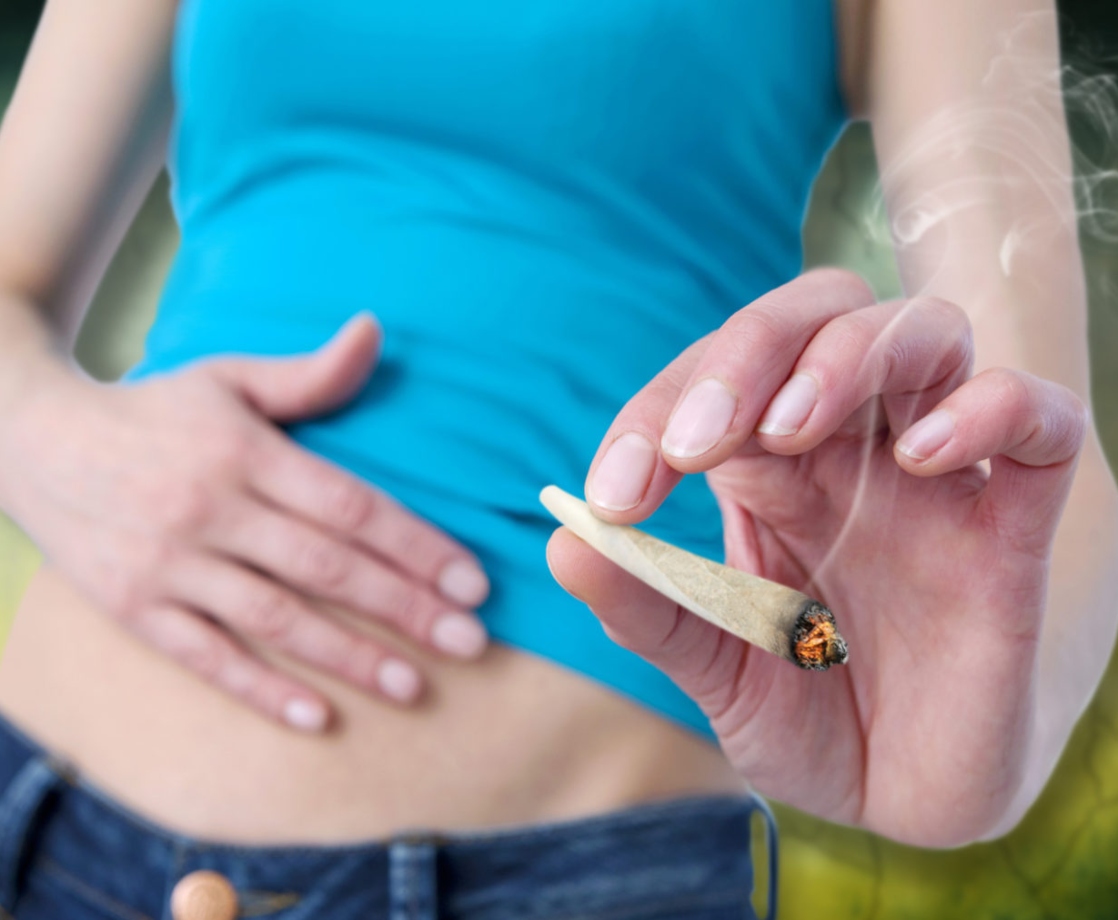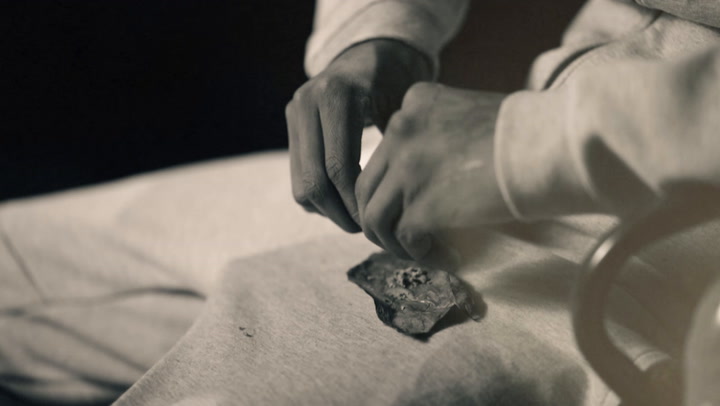Image via
Medical cannabis is one of the most effective treatments for symptoms of endometriosis, according to a new study recently published in the Journal of Obstetrics and Gynaecology Canada (JOGC).
This study surveyed 484 Australian women between the ages of 18 and 45 who have been surgically diagnosed with endometriosis — a chronic, inflammatory condition that affects about ten percent of all women of reproductive age. Endometriosis can cause pain, infertility, and gastrointestinal issues. Many women report that they still struggle with these symptoms even after having surgery or taking traditional medications.
The participants were asked whether they used self-management techniques to treat symptoms of their illness that are not utilized by traditional medication. Further questions investigated what kinds of self-management techniques were being used, how well these techniques worked, and if there were any negative side effects associated with self-management.
The study reports that 76 percent of all respondents said they used self-management techniques in the past six months. Most of the respondents (70 percent) used heat packs to treat their symptoms, but others turned to dietary changes (44 percent), exercise (42 percent), yoga and pilates (35 percent), or cannabis (13 percent). Yet although cannabis was the least popular self-management choice, women who used it rated it as the most effective technique.
“Women report good efficacy of cannabis in reducing pain and other symptoms, with few adverse effects reported,” the study authors wrote. Subjects who reported higher levels of pain were more likely to use cannabis than those suffering from milder symptoms. Women who used cannabis also reported a decrease in gastrointestinal problems, nausea, anxiety, depression, and insomnia. About ten percent of cannabis users did report minor side effects, including drowsiness, anxiety, and accelerated heart rate.
Gallery — Did You Know That Extracts Can Really Help with Pain?
Researchers believe that cannabis may be able to reduce symptoms of endometriosis by way of the endocannabinoid system (ECS). The ECS is one of the body’s primary regulatory systems, controlling metabolism, inflammation, immune function, and many other biological systems. It is known that the female reproductive system includes a large number of cannabinoid receptors, which can be directly affected by the consumption of cannabinoids like THC or CBD.
Australian doctors are currently able to prescribe medical cannabis via regulated pathways that allow limited use of unapproved medicines. But in 2017, when this survey was administered, this type of access did not exist, and women participating in the survey were likely using weed procured from black market sources to treat their symptoms. This limits the findings of the study, as researchers do not know what kinds of cannabis products the women were using, or their potency.
“Australian law currently requires legal medicinal cannabis use to follow specific, regulated pathways that limit prescription by this method; however, self-reported illicit use of cannabis remains relatively common in Australian women with endometriosis,” the researchers concluded. “Further clinical research is warranted to determine the effectiveness of cannabis in managing endometriosis symptoms. In locations where medicinal cannabis is more accessible, there remains a paucity of evidence for its clinical efficacy with endometriosis-associated symptoms.”
One thing to keep in mind is that the illegality of cannabis in Australia at the time of the study likely impacted the figures in this report. As legalization in the West has shown, people are more comfortable being truthful about their marijuana consumption when it is legal. It’s possible (read: likely), then, that far more than 13 percent of Austrailian women with endometriosis medicate with cannabis to help cope with the pain and discomfort caused by the condition.
So, take these findings with a grain of weed.











